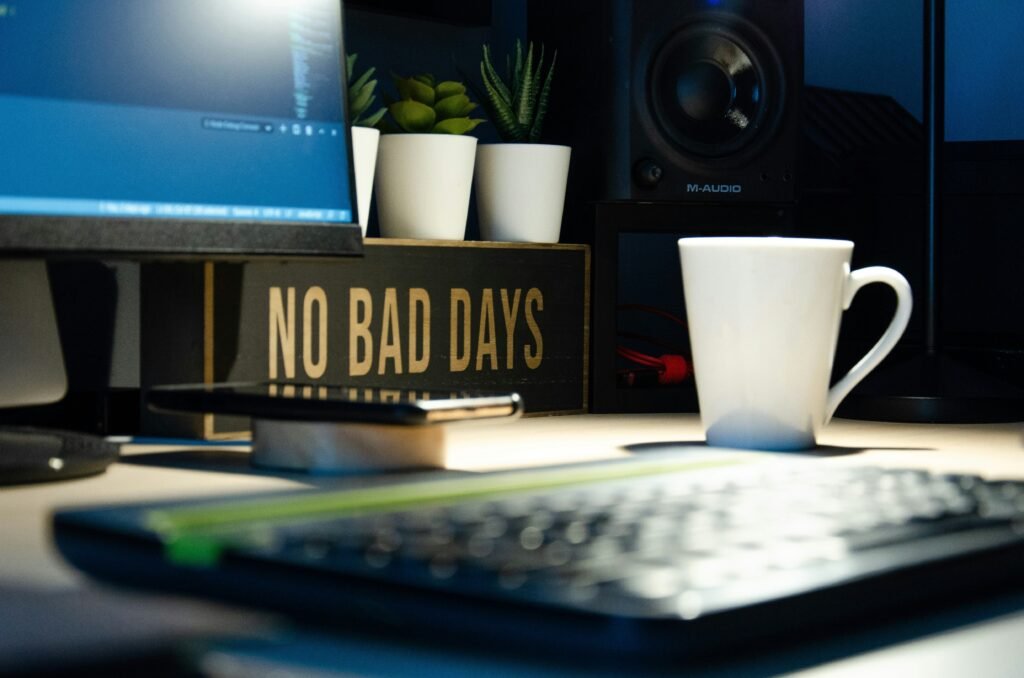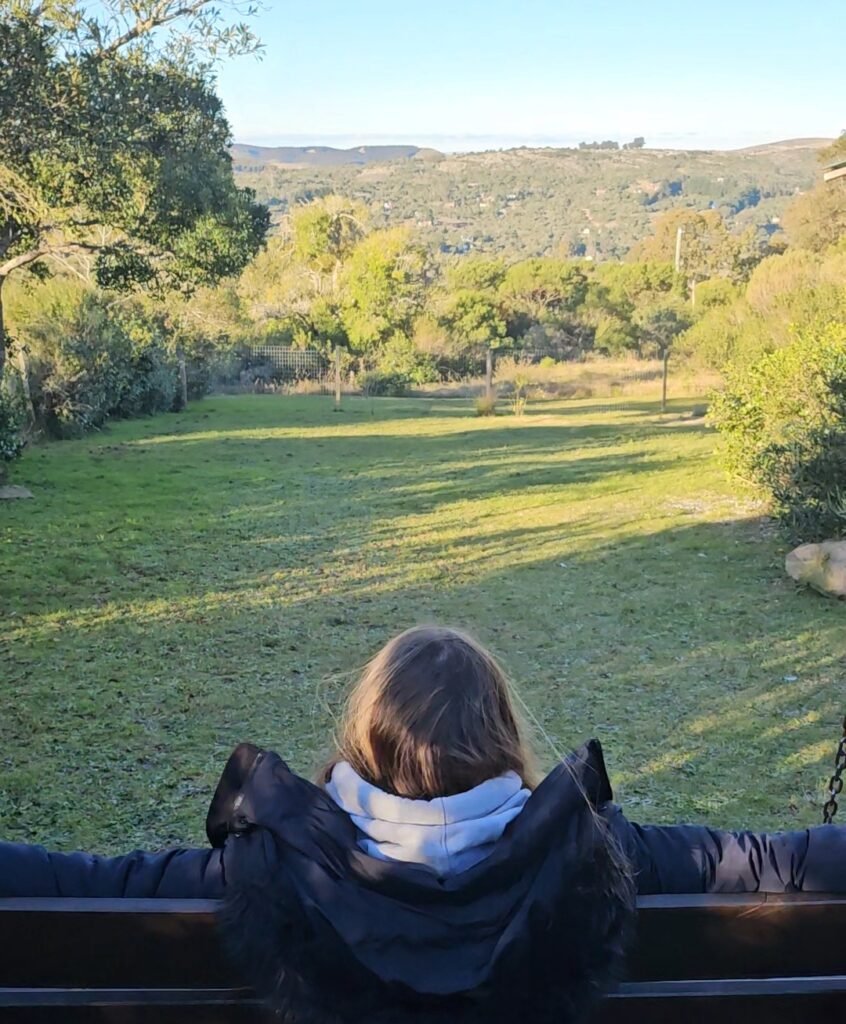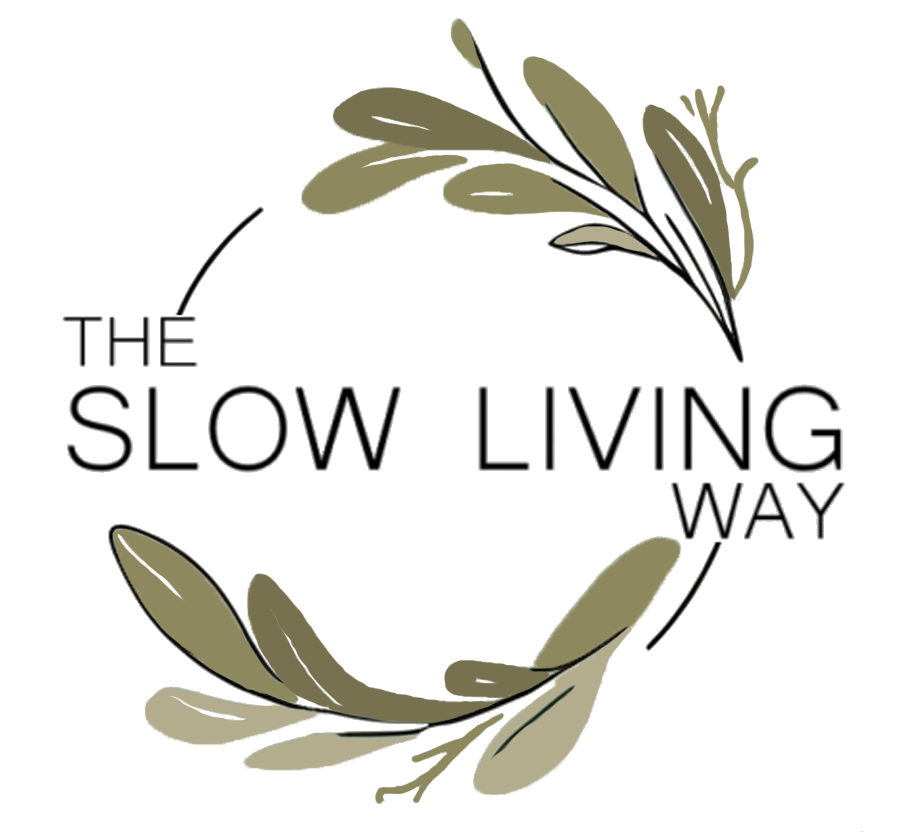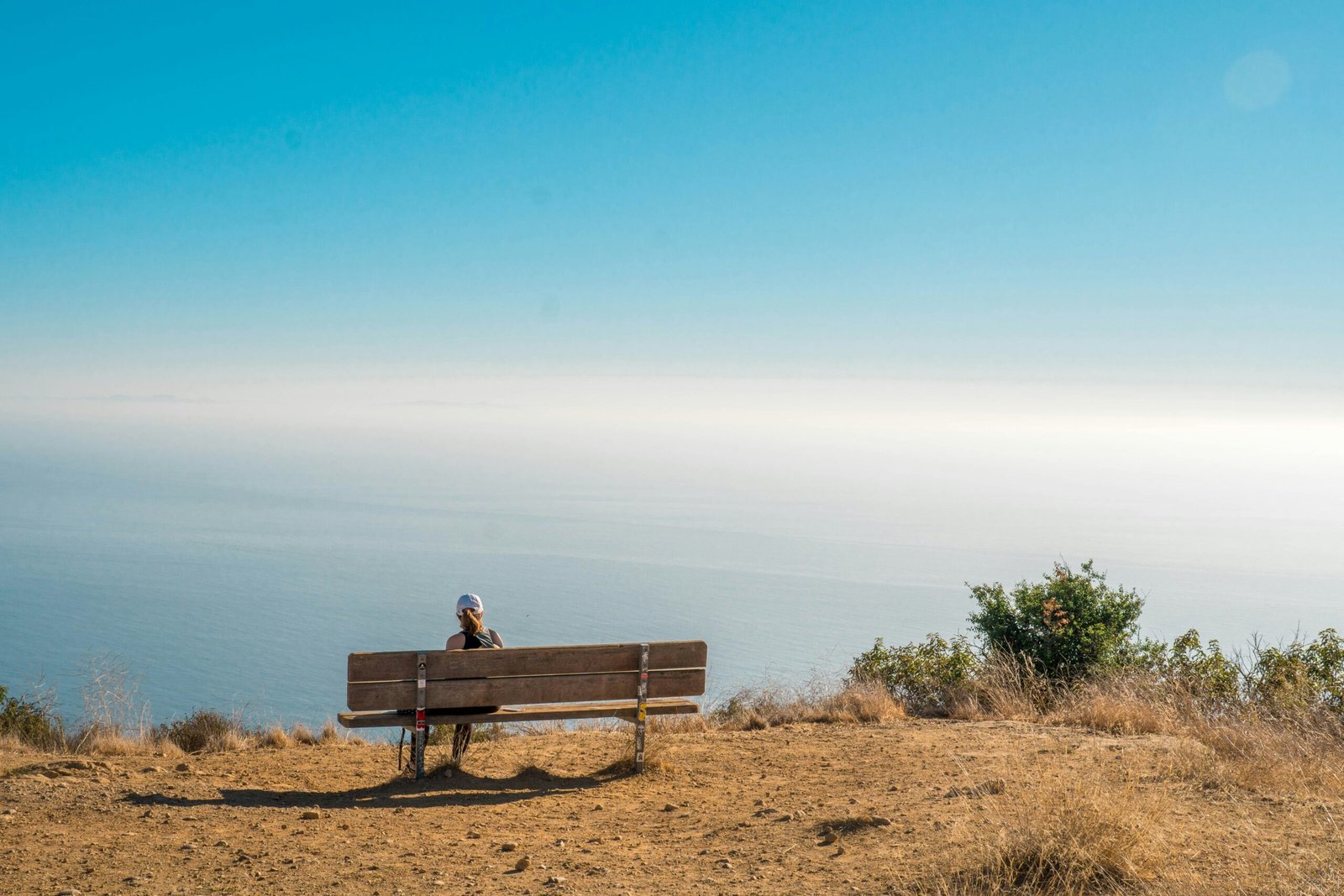We hate being bored. But we shouldn’t—because the importance of boredom is more relevant now than ever. The moment silence stretches a little too long, we reach for distraction. A screen. A task. A scroll. Anything to avoid sitting with nothing.
But here’s the real question: why does doing nothing scare us so much?
Probably because society programs us to be that way. Our culture worships speed, productivity, and efficiency; boredom is seen as a flaw. A failure to optimize. But maybe—just maybe—that’s exactly the problem.
Boredom Isn’t the Problem. Productivity Addiction Is.
We’ve been taught to fill every second. That idleness equals laziness, and laziness equals worthlessness. So we panic in the quiet. Guilt begins to consume us, and then the anxiety of not doing anything becomes a symptom that can even be felt physically. So many of us don’t know how to deal with these feelings or how to avoid them. We micromanage our minutes. We brag about being busy like it’s some badge of honor.
But ask yourself: is all this noise making your life better, or just louder? Are you genuinely happy to be living that way, or are you just content with yourself for doing what society dictates is right?
The importance of boredom lies in what happens when you stop. It isn’t a waste of time. It’s the space between distraction and discovery. The pause that lets you hear what your life is actually trying to tell you—if only you’d stop drowning it out.

Stillness Is Uncomfortable—But That’s Where the Power Is
Here’s the truth: boredom forces you to face your thoughts. And that’s why most people run from it. But growth doesn’t come from noise. It comes from reflection. From discomfort. From silence.
I remember that in my early teens, before smartphones came along and before my family could afford a computer and internet, my days were filled with boredom, where I would simply lie in bed reflecting on everything that my brain, with so little experience, was capable of reflecting. These reflections gave me ideas. I filled this time with hobbies that I was genuinely interested in. Without the intention of getting any benefit from them. I remember much more of these moments that happened so many years ago than most of my days that have just passed, where boredom is not allowed.
Boredom creates friction—and friction creates sparks.
Some of your most honest questions, ideas, and truths are buried under the chaos of your schedule. You just haven’t stopped long enough to hear them.

Reclaiming the Power of Boredom: How to Start
If you want to break free from the machine, start here:
- Stop justifying every second. You don’t owe anyone constant output.
- Unplug and sit still—on purpose. No music, no scrolling. Just… you.
- Feel the discomfort without fixing it. Let it stretch.
- Watch what rises in the quiet. Boredom is often clarity in disguise.
These steps may feel small, but they’re acts of resistance. And they matter.
The Real Importance of Boredom: Becoming Yourself Again
Maybe the problem isn’t boredom—maybe it’s you. Or rather, the version of you that has been trained to fear quiet. It’s as if when your brain starts having deep thoughts that could cause discomfort, an automatic defense mechanism sends out an alert: “oh-oh, don’t go there!” It’s easier to mock boredom than to admit you’ve forgotten how to be alone with yourself. Easier to call it laziness than to admit you’re afraid of what stillness might reveal.
And don’t blame yourself for not being able to have moments of boredom. It’s perfectly understandable. We’re programmed to reach our maximum potential (God forbid we are not the best we can be!). It’s understandable that after everything we’ve been subjected to, our brain creates a defense mechanism that doesn’t allow us to access thoughts that are likely to cause us discomfort. There’s only so much we can handle. For many, even having the chance to be bored is a luxury.
But if you’re serious about slowing down—if you want your life to feel like yours again—you’ll have to make peace with the void. Sit in the quiet. Let the boredom in.
Because when you finally stop running from it, you might discover that boredom is just the beginning of becoming.



No responses yet